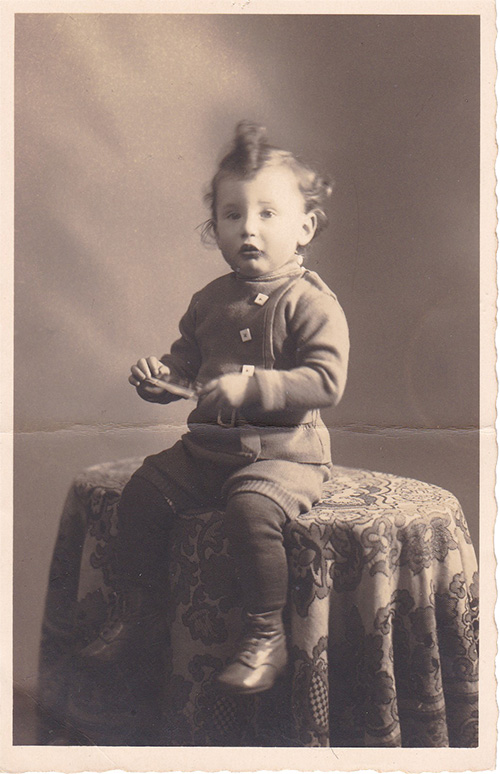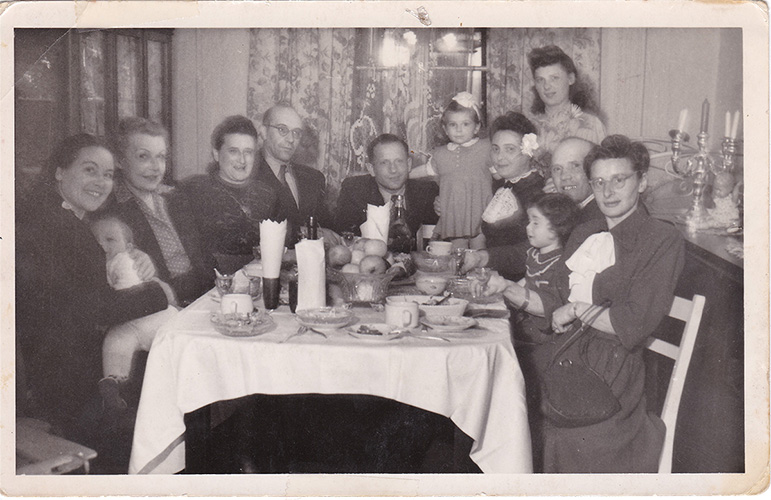
A Night with the Enemy
By: Mitzi J. LevinTreyger-Zel’tser Anya Itskovna recalls that stormy night in 1941 when there came an unexpected knock at the door of the family home in the Jewish ghetto of Rybnitsa, Ukraine.
“Even though my father was frightened, he knew he must open the door,” says Anya. “Outside stood a German officer with a Russian translator. They wanted to come inside to eat their food and to spend the night. Knowing he had no choice, my father allowed them inside.”
On June 22, 1941, Nazi Germany attacked the Soviet Union. To implement German and Romanian policy toward the area’s undesirables, an administrative area was created between the Dniester and Bug Rivers in southern Ukraine. Anya’s family was forced from their small, Ukrainian village, Kruti, to the Rybnitsa Ghetto on the east bank of the Dniester River.
Life in the ghetto was extremely difficult. Several families lived together in small apartments and existed on a diet consisting primarily of rotten beets and potatoes. Disease, starvation, deportations, and executions reduced the ghetto’s population by more than half of the original 3,000 Jews.
“I cannot imagine what my parents were feeling that night. And even though I was a small child, I could sense this was indeed a tense situation. As I peeped around the door from where my sister and I were hiding, I could see my parents standing in the corner. At our table sat two men eating dinner. With an outstretched hand, the German offered me and my sister a piece of chocolate. At four years old, I had never seen this strange food and was hesitant to move towards him. But I was hungry, really hungry; there was never enough food. Even though I knew he was the enemy, I moved forward and snatched the chocolate from his big hand.”
The sight of two little girls brought a look of sadness to the officer’s eyes, and he shared with Anya’s family that his wife and children remained in Germany. “I don’t know if I will see them alive again,” he said. “I am not for this war. When Hitler dies, everything will be better.”
The next morning, the officer and the translator left Anya’s home. The family had survived a night with the enemy.
Anya and her family remained in Russia after the war. In 1999, she came to the United States and proudly became a citizen in 2005.
“I learned an important lesson on that fearful night: among the nations, there are good people.”


